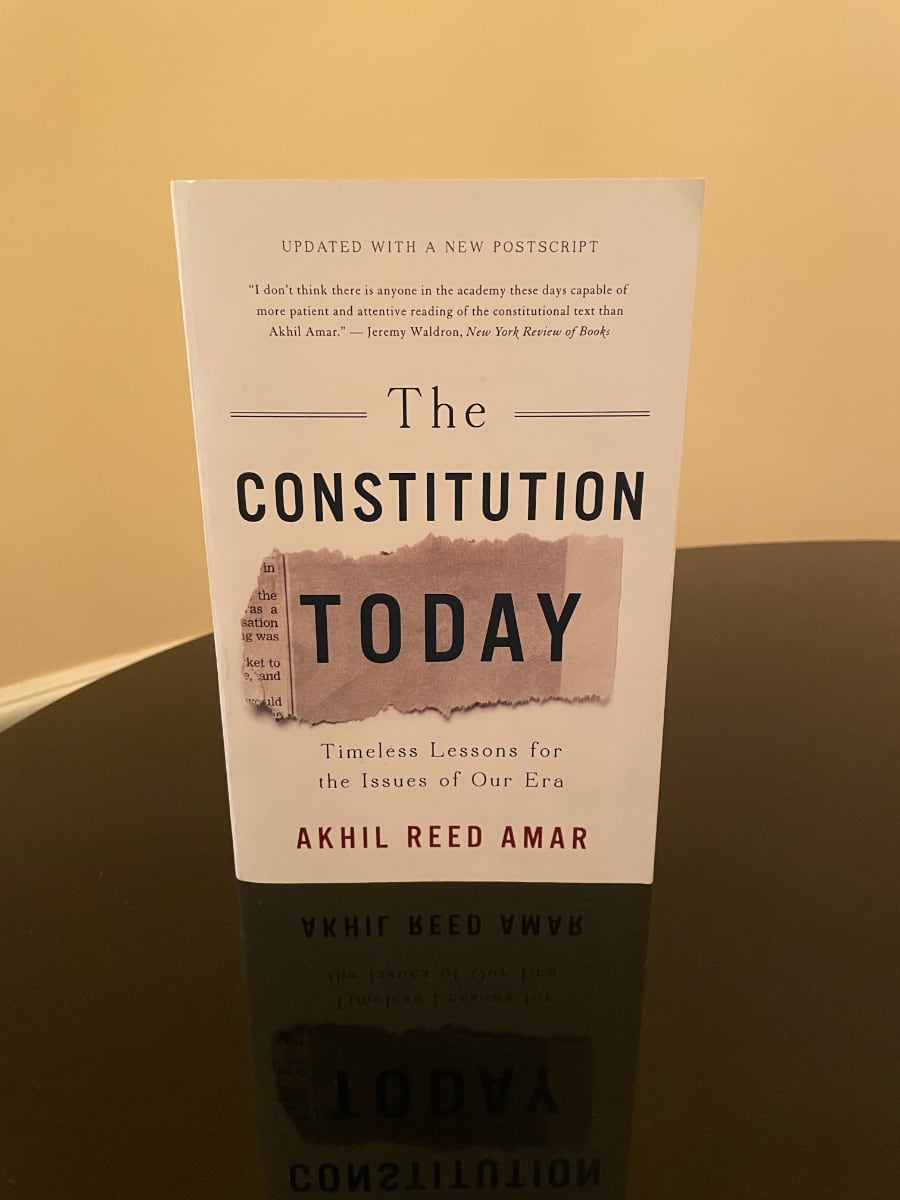Project Description

Despite its venerated place atop American law and politics, our written Constitution does not enumerate all of the rules and rights, principles and procedures that actually govern modern America. The document makes no explicit mention of cherished concepts like the separation of powers and the rule of law. On some issues, the plain meaning of the text misleads. For example, the text seems to say that the vice president presides over his own impeachment trial—but surely this cannot be right. As esteemed legal scholar Akhil Reed Amar explains in America's Unwritten Constitution, the solution to many constitutional puzzles lies not solely within the written document, but beyond it—in the vast trove of values, precedents, and practices that complement and complete the terse text.
In this sequel to America's Constitution: A Biography, Amar takes readers on a tour of our nation's unwrittenConstitution, showing how America's foundational document cannot be understood in textual isolation. Proper constitutional interpretation depends on a variety of factors, such as the precedents set by early presidents and Congresses; common practices of modern American citizens; venerable judicial decisions; and particularly privileged sources of inspiration and guidance, including the Federalist papers, William Blackstone's Commentaries on the Laws of England, the Northwest Ordinance of 1787, Lincoln's Gettysburg Address, and Martin Luther King, Jr.'s “I Have a Dream” speech. These diverse supplements are indispensible instruments for making sense of the written Constitution. When used correctly, these extra-textual aids support and enrich the written document without supplanting it.
An authoritative work by one of America's preeminent legal scholars, America's Unwritten Constitution presents a bold new vision of the American constitutional system, showing how the complementary relationship between the Constitution's written and unwritten components is one of America's greatest and most enduring strengths.



